
Dogs
The adorable French bulldog, with his distinctive bat-like ears, is a compact tough little dog. The breed has been a treasured family companion for many years. Although adopted by the French as their own, the breed is likely to have the English bulldog in his ancestry.
The French bulldog is an amiable breed that probably descends from the English bulldog, among other French and English breeds. The French bulldog enjoyed much popularity in France during the late 1800s and was brought to North America around this time. The French bulldog is a non-sporting dog who takes pride in being a treasured family pet. The American Kennel Club accepted the French bulldog as a breed in 1898.
The French bulldog has a dwarf mastiff appearance with a small or medium overall size, broad shoulders, deep chest, thick neck and well-developed muscles. The breed's coat is short and shiny. Acceptable colors for show dogs are brindle or brindle and white, fawn and white. Dogs not bred for show may also have black, mouse and liver-colored coats.
The French bulldog's head has an interesting shape. The ear is a classic example of a bat ear. That is, the ear is erect with a broad base and rounded tip. The opening is to the front. The breed's skull is flat between the ears on top of the head and curved across the forehead. The French bulldog has a very short nose and pendulous upper lips that overhang the lower lips on the sides. Loose skin on the head and shoulders forms wrinkles.
Adult French bulldogs average 11 to 12 inches in height at the shoulder and weigh 17 to 28 pounds.
The French bulldog is generally energetic and affectionate. French bulldog owners easily form close, loving bonds with their pets. These pets are faithful watchdogs and enjoy spending as much time as possible near their owners. Exercise requirements are moderate since the breed is not intended to be a sporting dog.
The French bulldog is a good family pet but tends to do better in homes with more mature people. The "Frenchie" isn't always too understanding or tolerant of the antics of children. Other pets are generally tolerated if introduced when the French bulldog is young. This breed's smaller size, easy-going nature and minimal exercise requirements are ideal for elderly owners and apartment dwellers. French bulldogs have a somewhat independent streak and many enjoy being the only pet in the home.
The French bulldog is attentive, intelligent and easy to train; however, the breed is most cherished as a family pet, which comes naturally to the "Frenchie."
The French bulldog may develop breathing problems during times of excessive exercise, excitement and high environmental temperatures. This is caused by the short structure of the pet's nose and general shape of the skull (brachycephalic syndrome). This problem may be life threatening. Avoid walking your pet in hot, humid weather and leaving him outdoors for longer than a few minutes in this climate. Talk with your veterinarian if your pet has trouble breathing and sounds like he cannot "catch his breath."
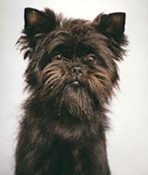 Affenpinschers: A guide to dogs and puppies of the Affenpinscher breed
The Affenpinscher!
The Affenpinscher (or “Affen”
Affenpinschers: A guide to dogs and puppies of the Affenpinscher breed
The Affenpinscher!
The Affenpinscher (or “Affen”
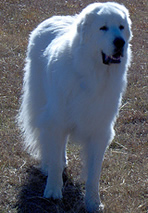 Great Pyreneess: A guide to dogs and puppies of the Great Pyrenees breed
The Great Pyrenees!
The Great Pyrenees has a large head, dr
Great Pyreneess: A guide to dogs and puppies of the Great Pyrenees breed
The Great Pyrenees!
The Great Pyrenees has a large head, dr
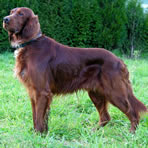 Irish Setters: A guide to dogs and puppies of the Irish Setter breed
The Irish Setter!
Black may be “in” or fashiona
Irish Setters: A guide to dogs and puppies of the Irish Setter breed
The Irish Setter!
Black may be “in” or fashiona
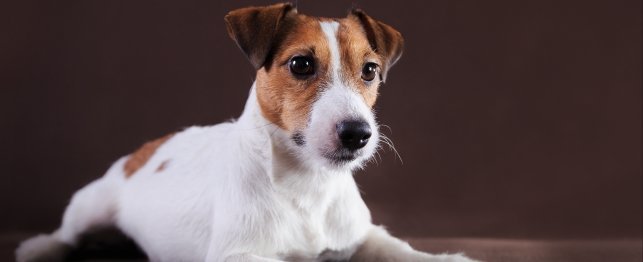 Choosing a Russell Terrier
Choosing a Russell Terrier - Russell Terrier
Choosing a Russell Terrier
Choosing a Russell Terrier - Russell Terrier
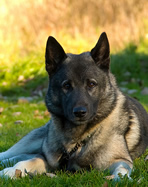 Norwegian Elkhounds: A guide to dogs and puppies of the Norwegian Elkhound breed
The Norwegian Elkhound!
The Norwegian Elkhound is a hardy g
Norwegian Elkhounds: A guide to dogs and puppies of the Norwegian Elkhound breed
The Norwegian Elkhound!
The Norwegian Elkhound is a hardy g
Copyright © 2005-2016 Pet Information All Rights Reserved
Contact us: www162date@outlook.com